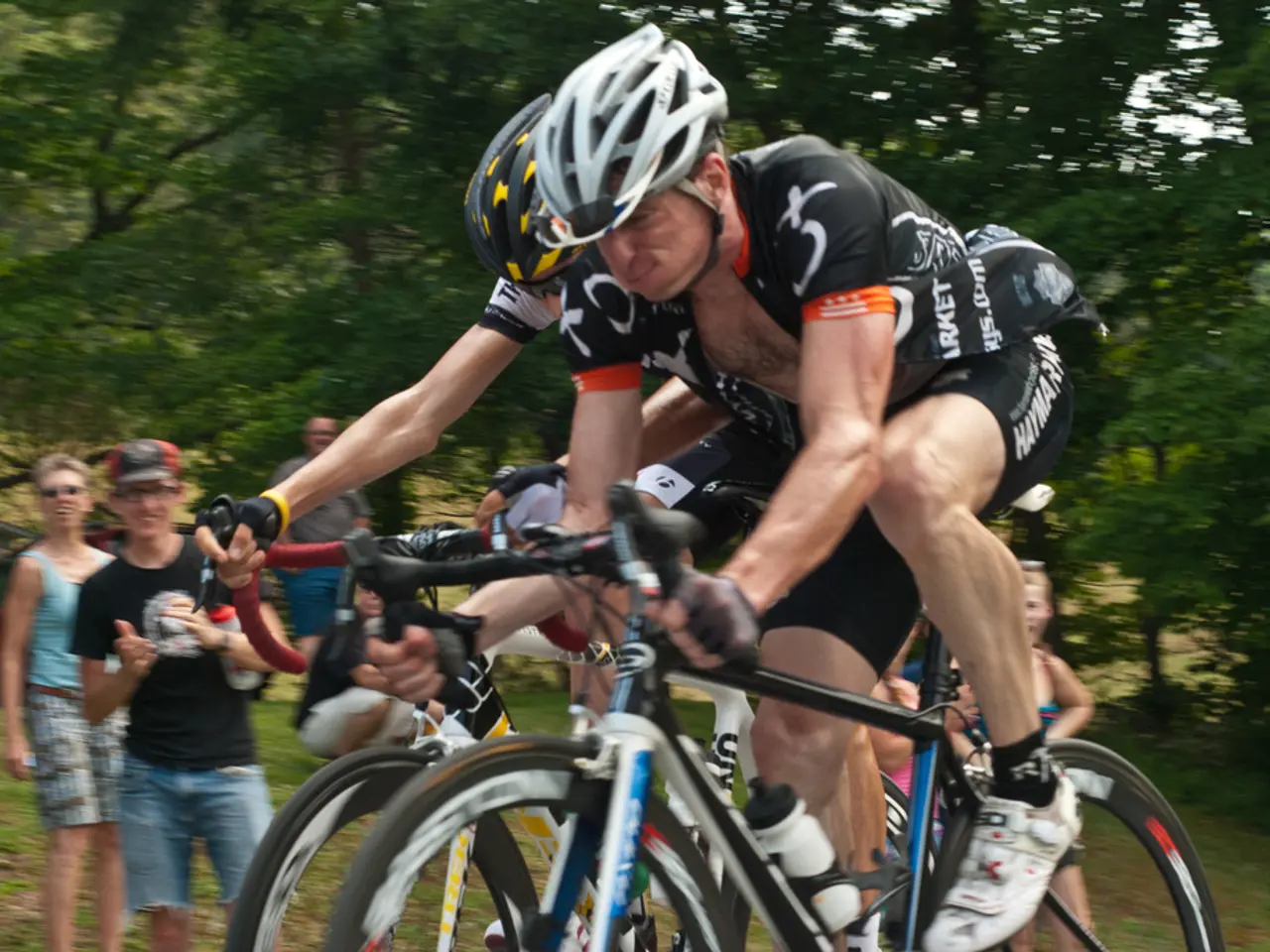The U.S. bike racing schedule appears to be self-destructing.
In the sprawling landscape of the United States, cities are often scattered miles apart, making travel between them a multi-day endeavor. Living in Phoenix, Arizona, I get a unique advantage—I have easy access to three significant cycling events held within a six-hour radius: the Belgian Waffle Ride California, the Whiskey Off-Road marathon mountain bike race, and the Tour of the Gila road racing stage race.
Unfortunately, these events fall on the same weekend every year, leaving me with a tough decision to choose just one to attend. This scheduling dilemma is just one example of a growing predicament in American cycling.
Each of these events carries significance within its respective discipline, but holding them simultaneously stifles the overall cycling scene.
The Belgian Waffle Ride California is a staple gravel race with over a decade of history. With its mixture of smooth roads and rough dirt trails, north of San Diego, it's often referred to as an "Unroad" race. The Whiskey Off-Road mountain bike race in Prescott, Arizona, is a celebrated event with 40+ miles of high desert singletrack and gravel terrain. The Tour of the Gila races through the high desert of southwest New Mexico, known for its altitude, brutal climbing, and old western flair.
Three iconic and prestigious events—each running on the same weekend within the same region.
At first glance, the scheduling overlap might seem acceptable since these events represent various cycling disciplines: gravel, mountain biking, and road racing. As gravel racing evolves and increases in professionalism, it may seem distinct from its counterparts.
However, upon closer examination, these events share more similarities than differences. For one, BWR California and the Tour of the Gila attract riders with a mutual affinity for endurance, high aerobic thresholds, and climbing prowess. Meanwhile, the Whiskey Off-Road race, while a mountain bike event, shares DNA with the U.S. gravel scene, with race times, climbs, and competitors mirroring those of BWR California.
Ultimately, the demand of what a modern American professional cyclist can be—multidisciplinary—is key to understanding this issue. The U.S. bike racing scene is small compared to the country's vast land mass; road racing, in particular, is a minor league with only a handful of professionals. Mountain biking and gravel racing are similar, with gravel leaning heavily on mountain biking for professional viability.
For the cycling scene to thrive, these three disciplines need each other. Instead of splitting the talent pool, draining media attention, and scattering limited resources, we should be nurturing schedules that encourage cross-pollination and permit riders to chase multiple goals. With better planning, we can foster a stronger professional racing community nationwide.
While schedule coordination can be challenging, it's vital for creating a synergistic environment that boosts the multidisciplinary nature of American cycling—an essential feature, not a bug, for our cycling scene to flourish. Let's make space for events to breathe, ensuring a healthy professional environment thrives in the years to come.
[1] Schedule information sources: Belgian Waffle Ride Montana takes place June 28-29, 2025, benefitting from warm but not overly hot Rocky Mountain conditions; Whiskey Off-Road racers experience 40+ miles of beautiful high desert singletrack and gravel terrain; Tour of the Gila races through the high desert of southwest New Mexico.
The scheduling conflict among the Belgian Waffle Ride California, the Whiskey Off-Road marathon mountain bike race, and the Tour of the Gila road racing stage race, which occur on the same weekend every year, poses a challenge to American cycling as these events, despite representing various cycling disciplines, share significant similarities and attract riders with similar skills.
With each event offering unique challenges and prestige within their respective disciplines, there is an opportunity for these events to thrive by coordinating their schedules, fostering a stronger professional racing community nationwide and bolstering the multidisciplinary nature of American cycling.




